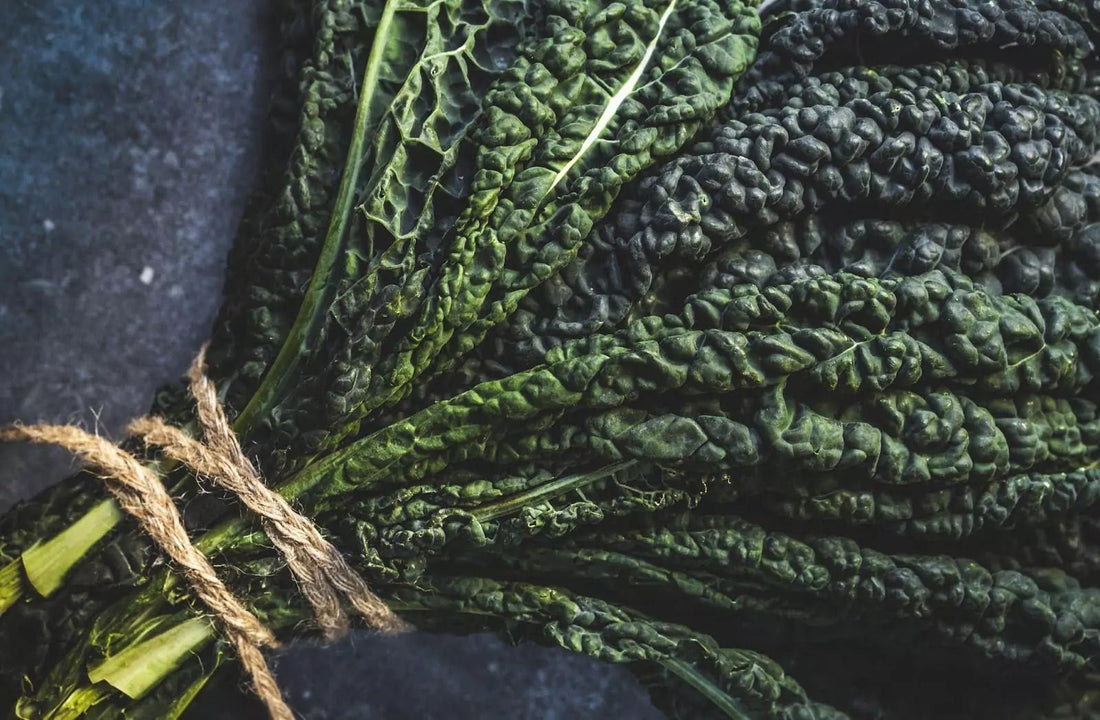Pregnancy is a time of tremendous change, emotionally, physically and dietary. A mother’s diet directly powers your body and helps the baby grow healthy. Figuring out the right way to eat for a baby on board can be very confusing, but these 8-diet foods are a great place to start with the best nutritional supplements for pregnant women. Proper vitamin and mineral intake leads to a healthy pregnancy journey and babies.
In this article, we look at eight essential things to include in the perfect pregnancy diet and offer ideas for achieving them so you and your unborn bundle can thrive.
Important Nutritional Diet for Pregnant Women
1. Leafy Green Vegetables: The Folate Powerhouses
Eat dark green leafy vegetables like spinach and kale. Leafy vegetables are healthy and essential if you are pregnant, because they contain folate. Folate is like the vitamin folic acid.
Folate is key early in pregnancy. It helps protect your baby’s brain and spine as they grow. This helps prevent serious problems like spina bifida. Many studies show that getting enough folate works. (Source: PMC)
Green veggies offer even more nutrients, such as vitamins A, C, and K, along with calcium, iron, and fibre. These help keep the mother healthy and help her stomach work well during pregnancy.
2. Lean Protein: Building Blocks for Growth
Protein is essential for mother and their growing baby. It helps her uterus and breasts grow and build the baby’s brain and body parts. Eat protein foods that don’t have much fat. Good choices are:
- Chicken and turkey
- Lean beef (not fatty)
- Fish (safe kinds for pregnancy)
- Eggs
- Beans, peas, and lentils
Lean red meat also gives you iron, which boosts your energy from getting tired blood (anaemia). Along with this, eggs are great, and they have choline. Choline helps the baby’s brain grow strong. (Source: PubMed)
Try to eat different protein foods each week. This gives your body all the good things it needs from protein.
3. Whole Grains: Sustained Energy and Fibre
Eat whole grains like oats, quinoa, brown rice, whole wheat bread, and barley. These foods give your body energy to work. Whole grains also have fibre that supports the digestive system. This is good because getting stuck (constipation) is common when pregnant.
Grains also have good things like B vitamins, iron, and magnesium. B vitamins help your body get energy from food. Whole grains are better than white grains (like white bread). They help keep your blood sugar steady. This gives you energy for longer and makes you feel less tired during pregnancy. Eating whole grains is smart. If you take pregnancy vitamins, they work well with these healthy foods.
4. Dairy or Calcium-Rich Alternatives: For Strong Bones and Teeth
TYou need more calcium during pregnancy to grow your baby and build strong bones and teeth. This is extra important in the last few months of pregnancy. The best sources of calcium are:
- Milk
- Cheese
- Yogurt
Calcium is also vital for the mother’s bones to stay strong. It helps blood, muscles, and nerves work along with the baby’s blood, muscles, and nerves.
What if you don’t eat dairy? You can still get calcium. Try these:
- Plant milks with added calcium (like soy, almond, or oat milk)
- Tofu (the kind made with calcium)
- Green leafy vegetables (like kale or bok choy)
- Almonds
You need Vitamin D so your body can use calcium. Get Vitamin D from:
- Being in the sun safely
- Foods with added Vitamin D
- Vitamin pills (supplements)
Extra calcium might also help stop a serious sickness in pregnancy called pre-eclampsia.
5. Fatty Fish: Essential Omega-3s (DHA)
A growing baby needs good fats called Omega-3s. A fundamental Omega-3 fat is called DHA. DHA helps your baby’s brain and eyes grow the right way. Fatty fish have lots of these good fats. Good fish to eat are:
- Salmon
- Mackerel
- Herring
- Sardines
Try to eat safe fish 2 or 3 times each week. Safe fish means fish that are low in mercury. The baby’s brain uses a lot of DHA near the end of pregnancy. It also uses DHA right after the baby is born. When moms eat DHA, it can help their kids see better later on.
Talk to your doctor or nurse. Ask if you need extra Omega-3s. You might need pills or special pregnancy powders with Omega-3s. This is important if you don’t eat fish very often. Always choose fish that are low in mercury.
Do NOT eat shark, swordfish, king mackerel, or tilefish. These fish have too much mercury. Mercury is harmful to the baby.
6. Legumes: Plant-Based Powerhouses
Eat foods like lentils, beans, peas, chickpeas, soybeans, and peanuts. These are called legumes. Legumes are excellent food. They give you:
- Protein
- Fiber
- Iron
- Folate
- Calcium
- Zinc
These foods are extra helpful if you don’t eat meat. But they are suitable for anyone pregnant. The fibre in these foods helps your stomach work well. It helps keep your blood sugar steady. Your body uses iron from plants differently than iron from meat. Iron from plants can be harder to use.
So, eat legumes with Vitamin C. Foods like bell peppers or oranges have Vitamin C. This helps your body use the iron from the legumes. These foods are easy to use in meals. You can add them to:
- Soups
- Stews
- Salads
- Side dishes
7. Colourful Fruits and Vegetables: Vitamins, Minerals, and Antioxidants
Eat the rainbow. Since there is a colour choice, the variety of a selection ensures you have a wide variety of dietary essential nutrients (e.g. Vitamin C for immune function and formation of collagen, Vitamin A for vision and cell growth, minerals and antioxidants). Such antioxidants help shield the cells of the mother and foetus from damage. Berries are high in antioxidants and Vitamin C. Oranges have Vitamin C and folate. Sweet potatoes contain beta-carotene (which your body turns into Vitamin A). Make sure you’re eating at least five servings of a variety of fruits and veggies every day. They’re also sources of fibre and hydration
8. Adequate Hydration
Drinking water is not just important; it’s an essential need, especially during pregnancy. Water also helps your body make extra blood for pregnancy. Not only this, but also -
- Water helps your food digest.
- It makes the fluid that keeps your baby safe.
- Water moves good things through your body for you and the baby.
- It helps stop pain or problems.
Consequences of not drinking water:
- If you don’t drink enough water, you might feel tired.
- You might get headaches.
- Not having enough water can be bad. It might cause you to have early labour pains.
Try to drink 8 to 12 glasses of water each day. Drink more water if it is hot outside, during exercise, and when thirsty. Remember, milk, safe teas, fruits, and vegetables provide water to the body, so you can take these to stay hydrated.
Get MamaCare’s Nutritional Supplements for Pregnant Women
Eating right every day during pregnancy isn’t always easy. Sometimes, you might need extra help to get all the nutrients you and your baby need. MamaCare’s Mother’s Nutrition is a uniquely suitable supplement for pregnant women.
Mother’s Nutrition is a high-quality Australian supplement for all three motherhood stages. It’s designed to support you before you get pregnant, all through your pregnancy, and even after birth while you are breastfeeding. It gives you extra amounts of essential nutrients that you often need more of during this time:
- Folic Acid: Helps lower the chance of severe congenital disabilities in your baby’s brain and spine.
- Calcium: Builds your baby’s strong teeth and bones. It also helps keep your bones healthy.
- Iron: Needed to make healthy blood that carries oxygen. This helps stop you from having low iron levels (anaemia).
- Omega-3 (DHA): Helps your baby’s brain and eyes develop healthily.
- Prebiotic Fibres (GOS and FOS): These are added to help your digestion work smoothly and can ease typical tummy troubles during pregnancy.
Add 40g of MamaCare powder to 200 ml of room-temperature water. Shake gently until dissolved. Drink immediately. Recommended: 1–2 servings daily.
References:
Ledet Iii LF, Plaisance CJ, Daniel CP, Wagner MJ, Alvarez I, Burroughs CR, Rieger R, Siddaiah H, Ahmadzadeh S, Shekoohi S, Kaye AD, Varrassi G. Spina Bifida Prevention: A Narrative Review of Folic Acid Supplements for Childbearing Age Women. Cureus. 2024 Jan 26;16(1):e53008. doi: 10.7759/cureus.53008. PMID: 38406082; PMCID: PMC10894015.
Zeisel SH. Choline: critical role during fetal development and dietary requirements in adults. Annu Rev Nutr. 2006;26:229-50. doi: 10.1146/annurev.nutr.26.061505.111156. PMID: 16848706; PMCID: PMC2441939.



